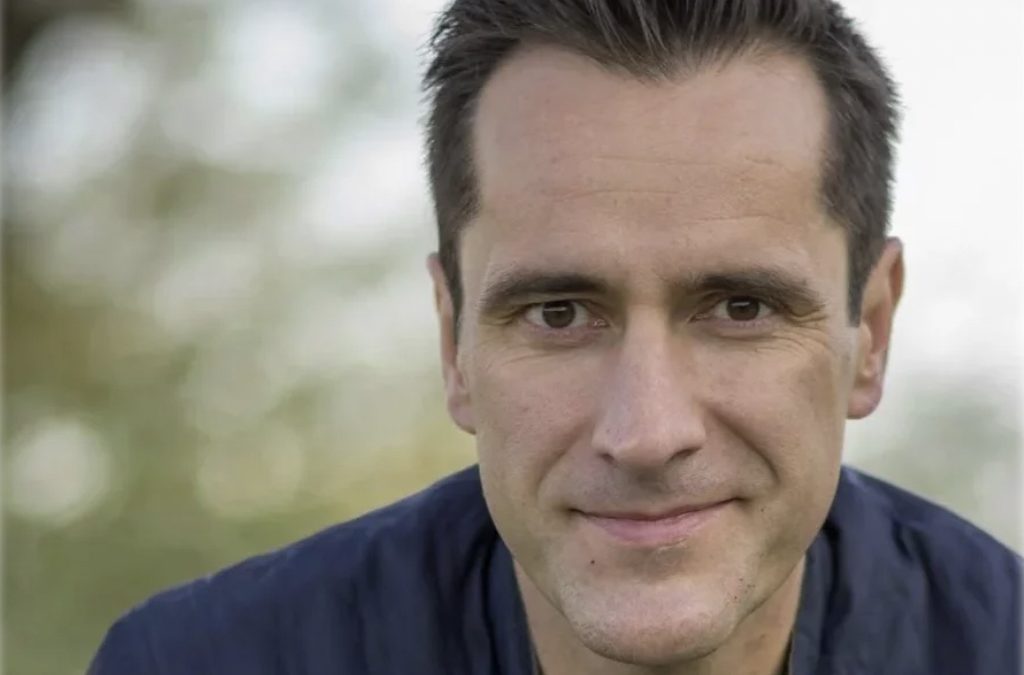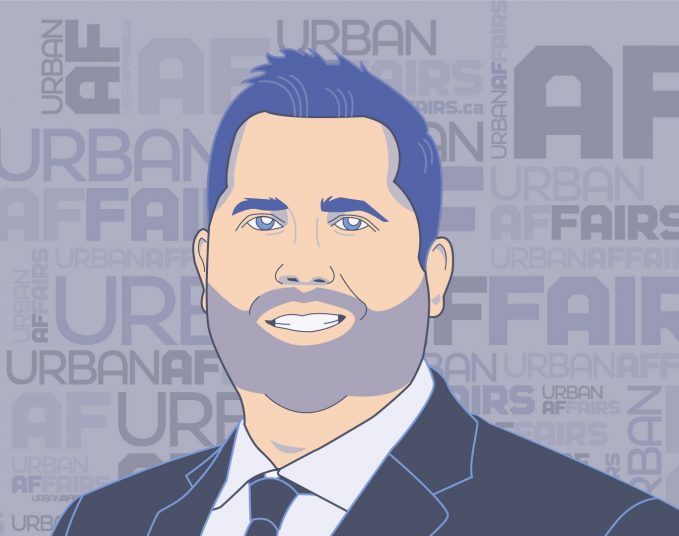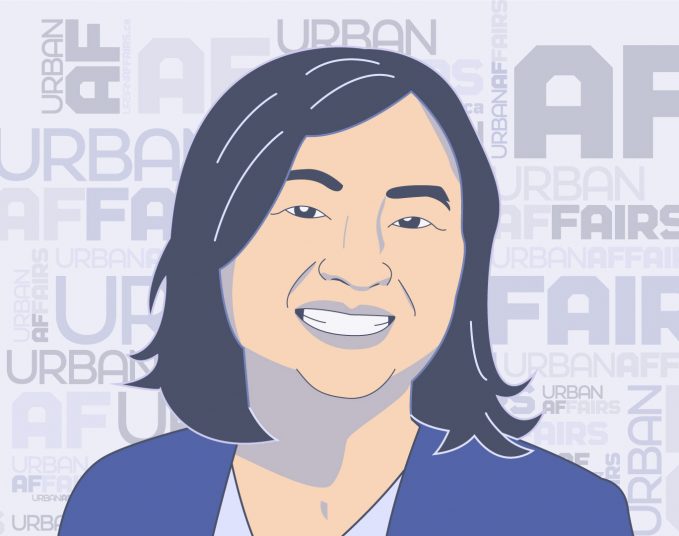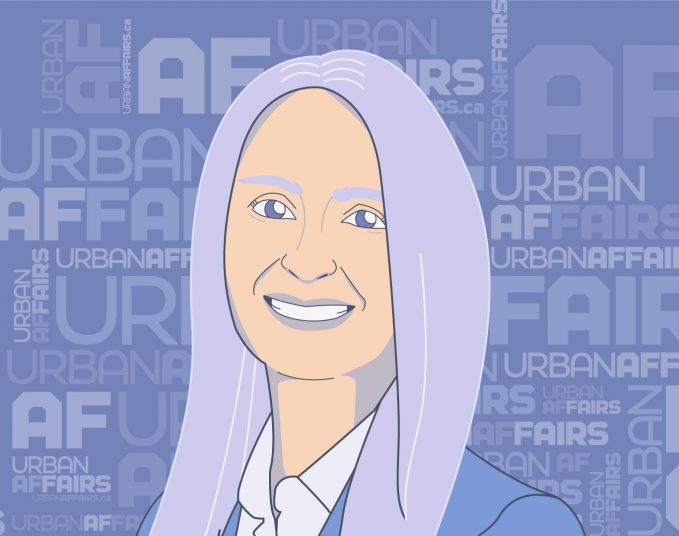When you read the words “Free Alberta Strategy — Getting a Fair Deal in Confederation,” do you think of someone driving a pick-up, with an upside-down Canadian flag dangling from a hockey stick? Do you think “convoy” or “kudatah” or Fuck Trudeau bumper stickers?
You’d be wrong. At least in the context of the Free Alberta Strategy.
It’s a lot more suit-and-tie, or at least collared-shirt. It’s a discussion that, under the surface, is becoming normalized. It’s the stuff of friendly Zoom meetings and serious legal discussions about what needs to happen to make the province “sovereign within Canada.”
I received an invite to join a Free Alberta Strategy meeting via Zoom, and I accepted. Ethically, because I was invited through my magazine editor’s account, I can say with confidence the organizers were welcoming members of the media to the Town Hall. So, I am comfortable quoting the leadership of the organization, but will not name any of the 50 or so people who sat in on the meeting and participated in the question-and-answer session.
"We may disagree with Quebec on many things, on some of their socialist tendencies. But, when it comes to provincial sovereignty, Quebec is king."
What is the Free Alberta Strategy? It’s a group launched by lawyer and former MLA Rob Anderson and the Alberta Institute, a right-of-centre think tank. Its goal is a version of sovereignty-lite; the group does not wish to see Alberta separate fully from Canada, but to see our provincial government make the province as independent as it can possibly be from Ottawa.
OK. “Sovereignty within Canada” comes off as a bit of an oxymoron, but it’s 2022 and political ideals don’t have to make literal sense anymore.
The group has hosted many Zoom town halls, and the one I attended this week was helmed by Anderson and Lac Ste. Anne-Parkland MLA Shane Getson.
“We have literally seen economic sanctions imposed on our own government by Ottawa,” Anderson said. “They don’t have to help us, they just have to get out of the way.”
We have heard it before. No more equalization payments to Ottawa. Lack of access to markets is crippling the energy industry in Alberta. Talk about how the coming Liberal-NDP federal coalition will mean more pain for Alberta.
Getson spoke about his work on a provincial task force looking at how Alberta can create new trade corridors. But, there was no dismissing the number of commenters who worried that Ottawa would block any attempt to create new pipelines or trade routes for this province’s natural resources. There was no shouting. No yelling. It all seemed… so rational.
Anderson and his allies want to see the provincial government craft legislation giving it the power to refuse to enforce any edict from Ottawa in the areas of natural resources, guns, education and health care. Of course, equalization payments would end and the carbon tax would be scrapped — though the Supreme Court has already ruled in favour of the federal government’s right to collect a carbon tax. Alberta could run its own police force and have its own pension plan, moves that have been explored by the UCP.
Here comes the irony. Through a lot of the presentation, there was talk about how Quebec benefits from equalization payments. But Anderson noted that Quebec runs like a country within Canada — because it has power of enforcement. It has its own police force and pension plan. Simply put, there was no hiding how much the Free Alberta Strategy brain trust admires Quebec.
“We may disagree with Quebec on many things, on some of their socialist tendencies,” said Anderson. “But, when it comes to provincial sovereignty, Quebec is king.”
And, basically, in Anderson’s mind, it boils down to this. Quebec simply says no to federal legislation it does not like. He says Alberta talks a good game, but, in the end, the desire to be a good federalist wins.
But he believes if Alberta starts saying no, the feds will simply allow Alberta to work towards its own self-determination.
“Once it’s there, they know it’s there. The feds are going to act differently, they don’t want to cause a constitutional crisis.”
Why not full sovereignty? Anderson said there is no public appetite for it — and Alberta is not ready.
“But the Liberal-NDP coalition is going to be in power till 2025, so what can we do to work around them?”
Of course, it wouidn’t have been a discussion on how to reduce Ottawa’s influence on Alberta without some decent Trudeau-bashing. Here are some highlights:
“We’ve gone from one of the most prosperous jurisdictions on the planet to mediocre at best”
“No reason for them (Quebec) to be living off the Alberta taxpayer. But that’s the problem with equalization, it rewards poor management.”
“He (Justin Trudeau) wants to shut down the oil and gas industry, he wants it dead in the water… This is his religion, this is his dogma.” (Talk about the “Great Reset,” through the United Nations, to redistribute wealth throughout the world).
“His objective, his small-mindedness, is to end our oil and gas industry”
“This (Environment Minister Steven Guilbeault) is someone you see in a movie about a dystopian future. He wants to eliminate Alberta’s oil and gas industry.”
“Sanctions are when you can’t sell your product to anybody. What else can I call it?”
Savvy AF. Blunt AF. Edmonton AF.




